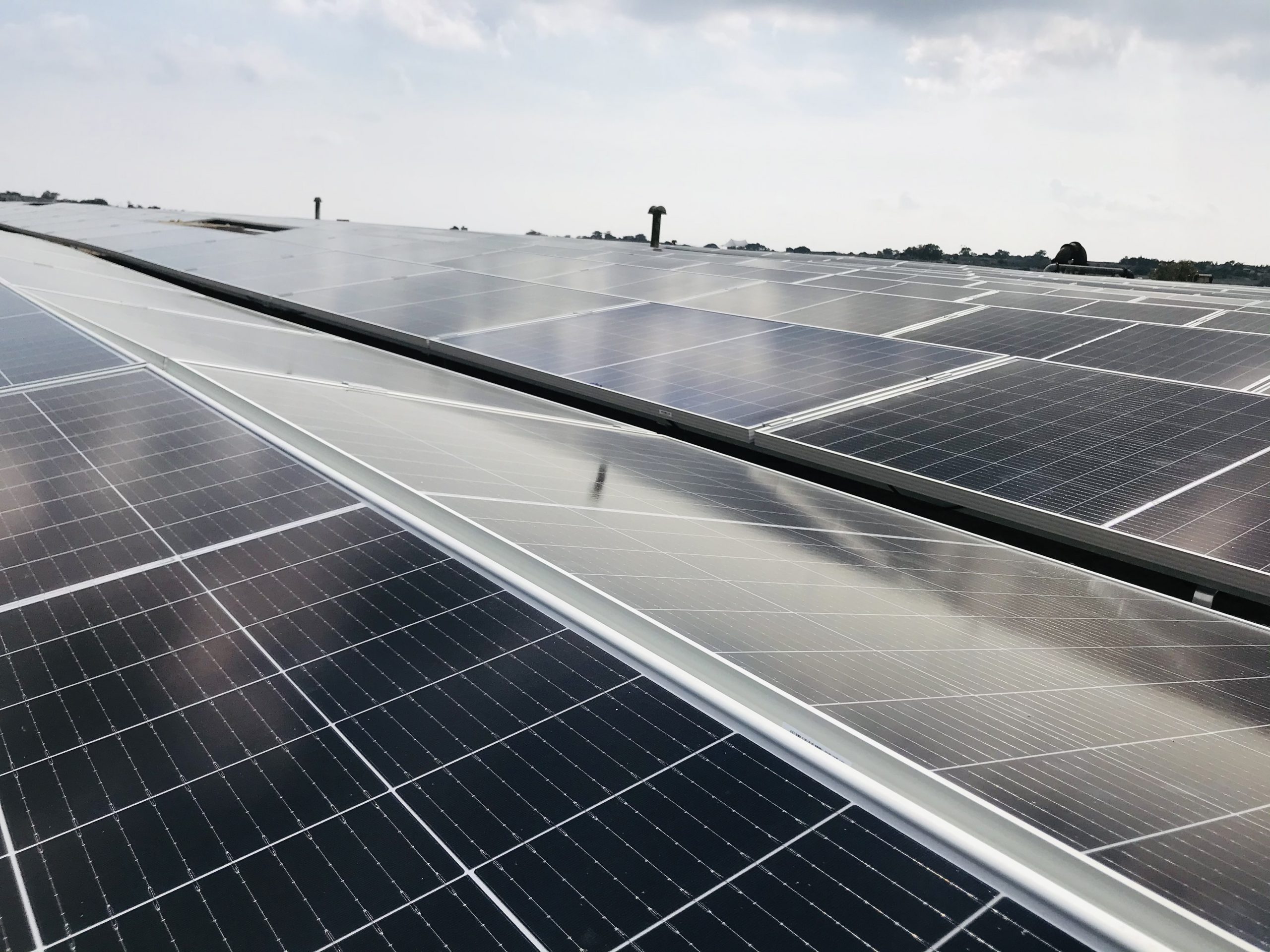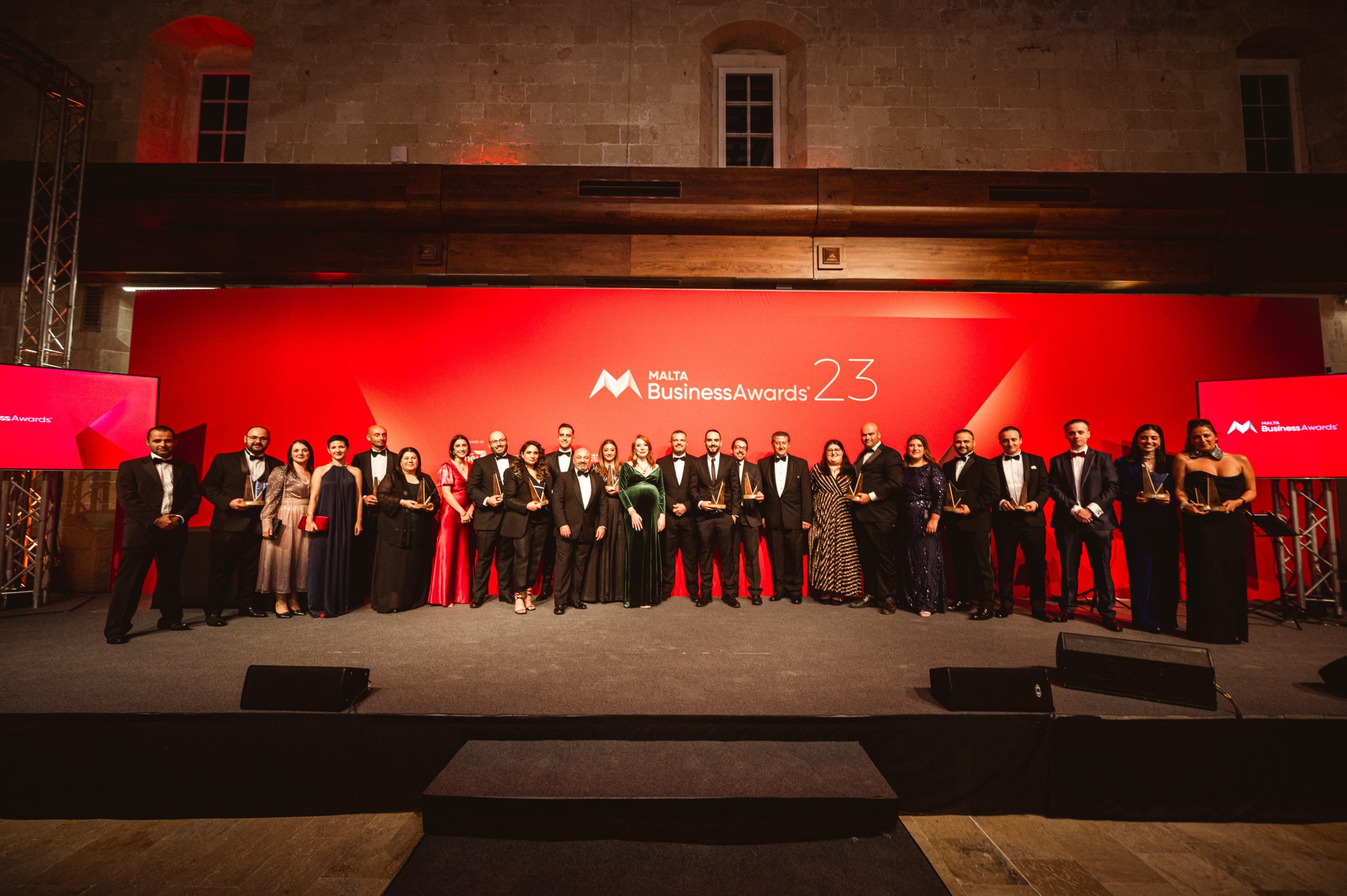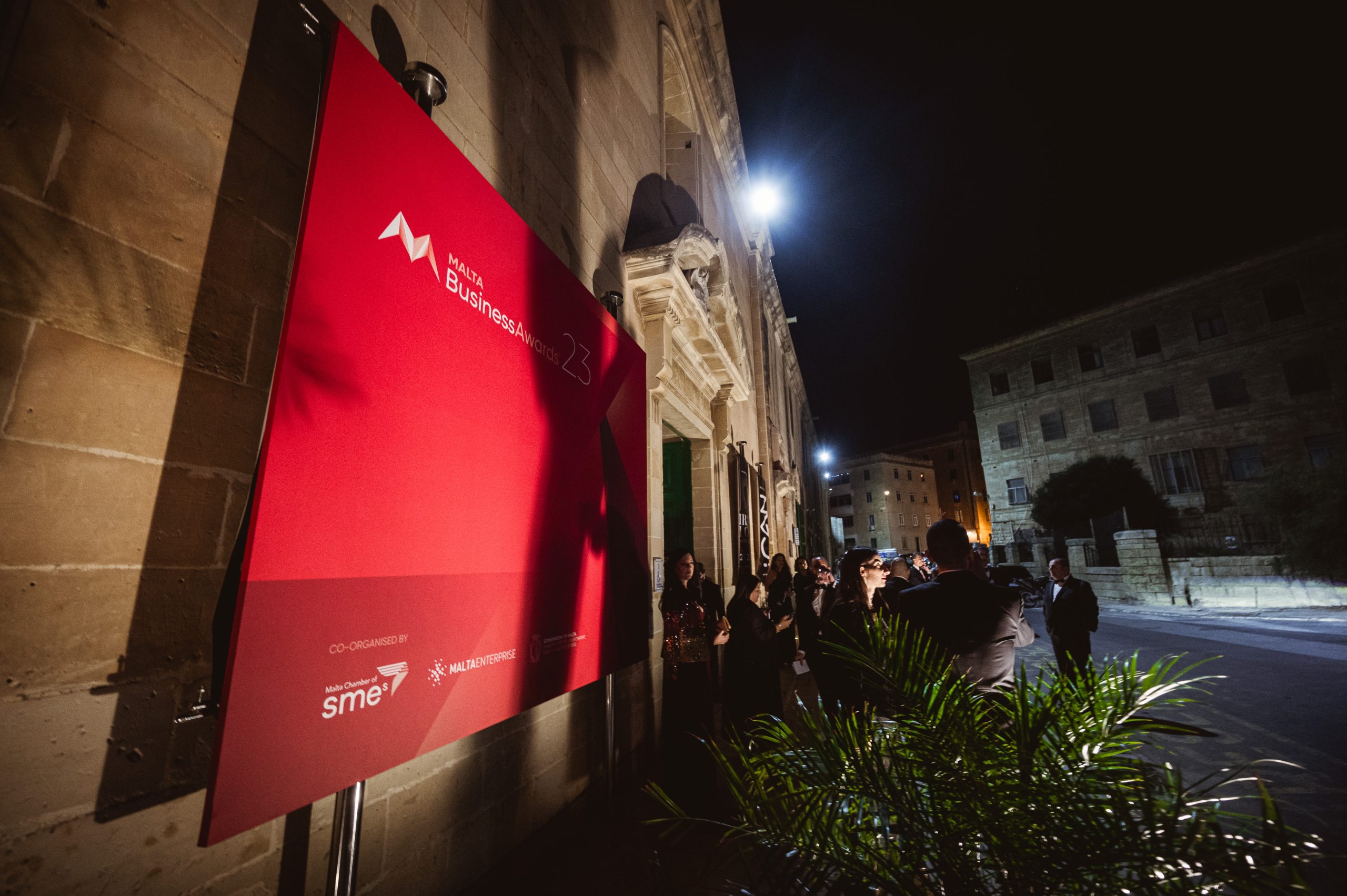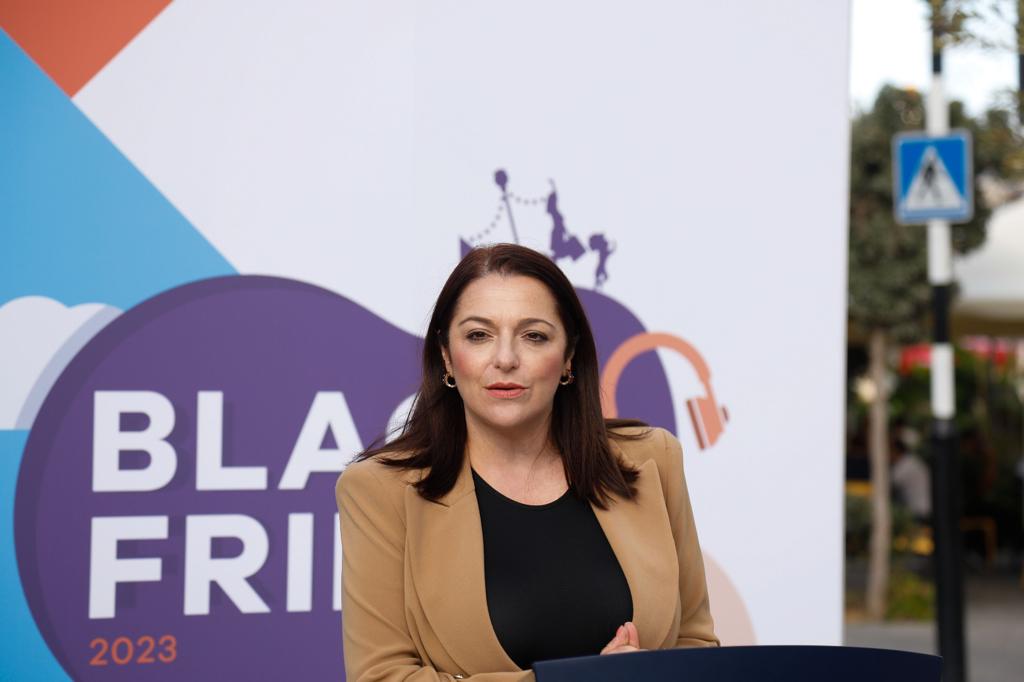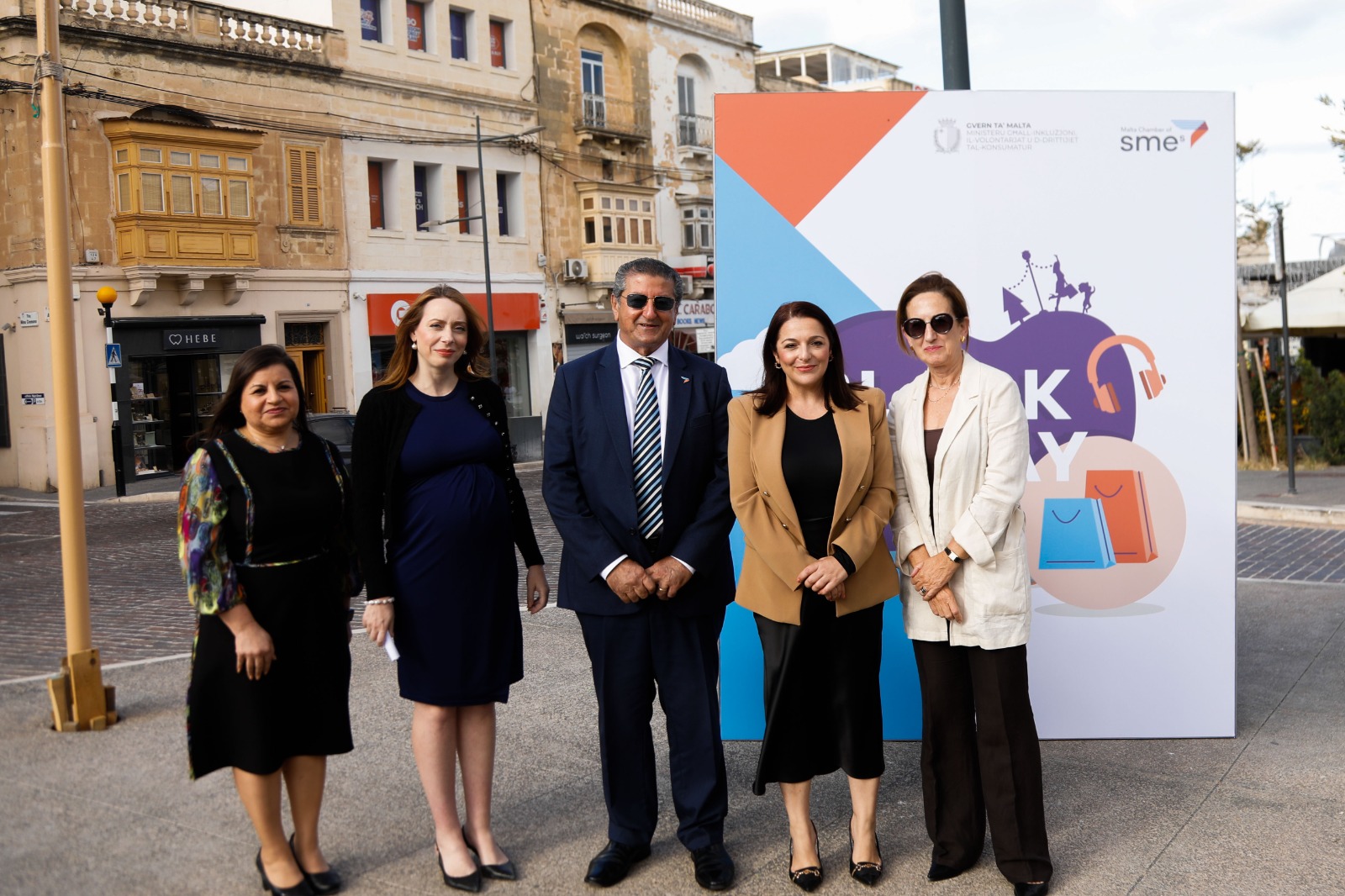
Aġenzija Identità has emerged as a pivotal force in Malta’s identity management landscape, championing a strategic approach to work hand in hand with employers and assist in attracting high-quality workers, significantly fortifying Malta’s workforce. At the core of its achievements is a staunch commitment to fostering a workplace environment that prioritises excellence over sheer numbers.
Identità’s role in supporting employers across Malta has been instrumental. The agency’s emphasis on streamlining administrative processes, introducing cutting-edge technologies, and centralising customer support has empowered employers, making recruitment processes more efficient and enhancing overall operational effectiveness. This has translated into a more agile and responsive environment for employers seeking skilled individuals to contribute to the country’s economic prosperity.
Identità recognizes the paramount importance of supporting genuine employers while actively curbing abuse within the system. This commitment is reflected in the agency’s multifaceted approach, providing assistance to employers who genuinely seek to bring skilled workers to Malta while implementing stringent measures to prevent exploitation. A significant milestone is the launch of an expedited service designed to attract exceptional talent. The Specialist Employee Initiative presents an optimised recruitment channel, streamlining procedures to enhance efficiency and promptness for employers in pursuit of highly-skilled professionals, further solidifying Malta’s allure as a destination for skilled talent.
Another significant milestone in Identità’s journey has been the introduction of the Skills Card. This innovative initiative, set to launch in January, is designed to elevate the standard of foreign workers entering Malta. By scrutinising applicants’ skills and qualifications, the Skills Card aims to ensure that incoming workers contribute meaningfully to the Tourism industry, a strong economic pillar for the Maltese islands. This strategic move aligns with Identità’s vision of attracting a workforce distinguished by quality rather than sheer quantity. Our commitment is not solely aimed at helping employers attract top-tier talent but also safeguarding the interests of employers and employees alike.
Another notable initiative is the agency’s increased emphasis on inspections and the reinforcement of its Compliance Unit. By bolstering its monitoring and compliance mechanisms, Identità is proactively addressing potential abuses within the system. This aligns with the agency’s broader vision of fostering a work environment characterised by fairness, accountability, and respect for both employers and workers.
The Maltese Government has taken additional steps in recognising the importance of regulating labour markets and ensuring a focus on skilled workers. The forthcoming regulations on temping agencies underline the commitment to attracting the right talent, with Identità playing a pivotal role in the implementation of these regulations. By addressing the loopholes in the recruitment process, Malta aims to create a framework that places emphasis on quality and competence.
Moreover, Identità’s collaboration with the Malta Chamber of SMEs has been pivotal in shaping policies that align with the needs of the business community. The agency’s active involvement in discussions and its receptiveness to industry feedback underline its dedication to creating an environment conducive to business growth and sustainability.
Aġenzija Identità’s achievements stand as a testament to its commitment in standing side by side with the employers and the employees. By prioritising quality, adopting innovative solutions, and collaborating with key stakeholders such as the Chamber of SMEs, Identità is not merely an identity management agency but a driving force propelling Malta towards a future defined by excellence and prosperity.

